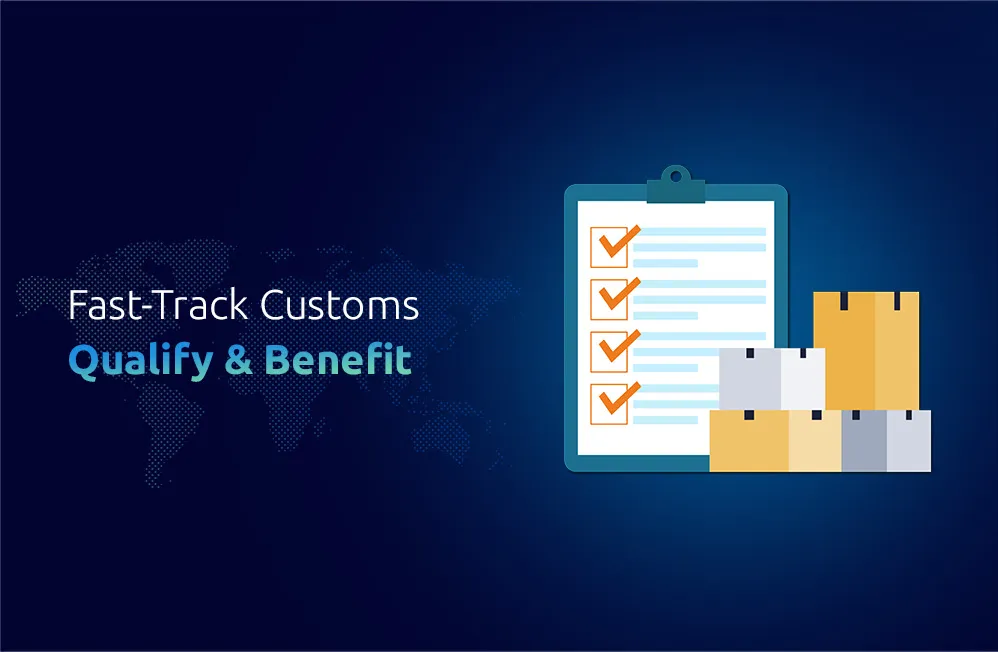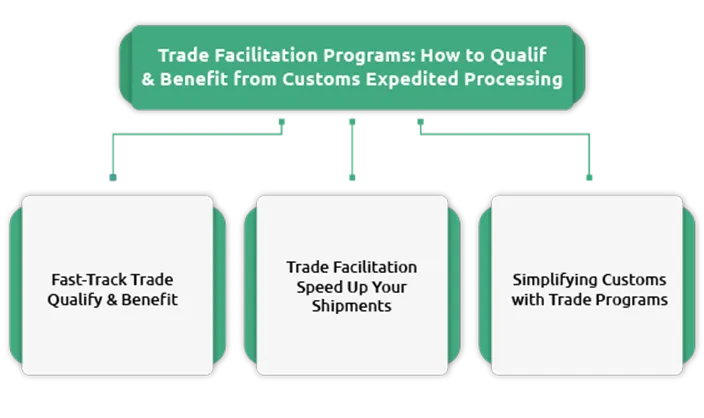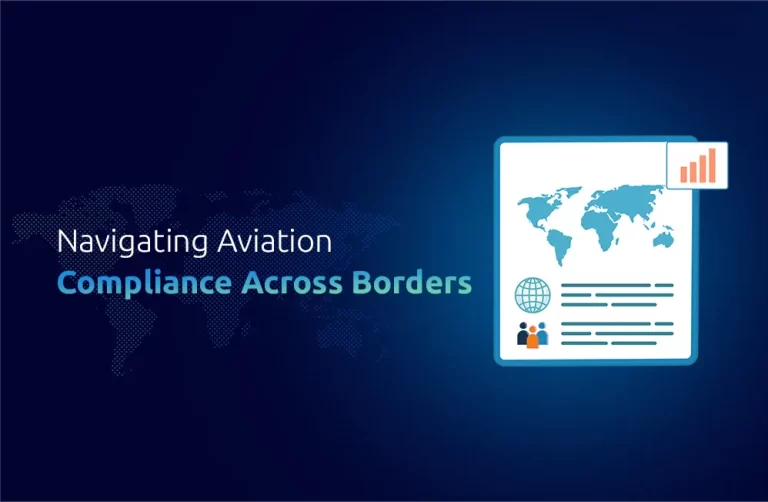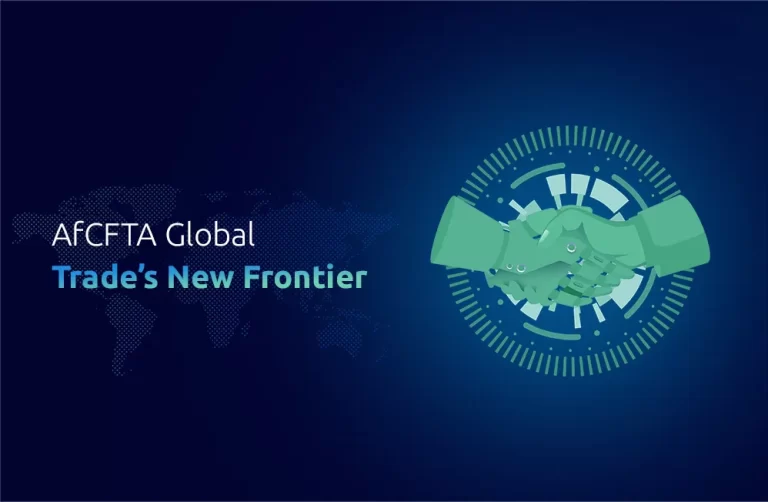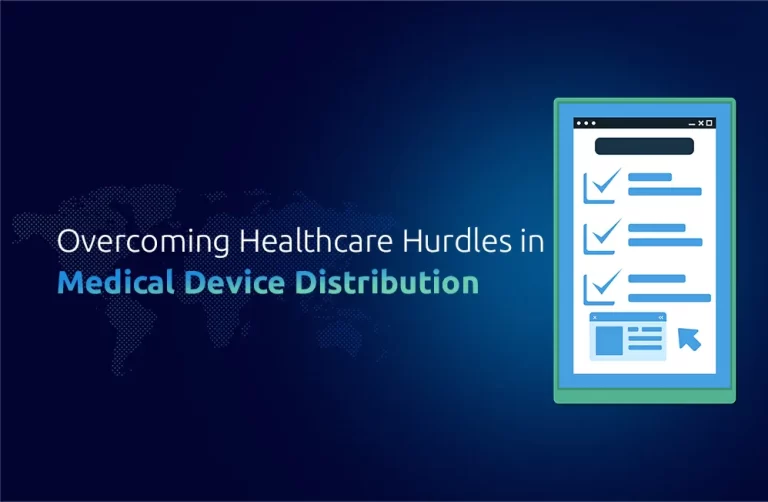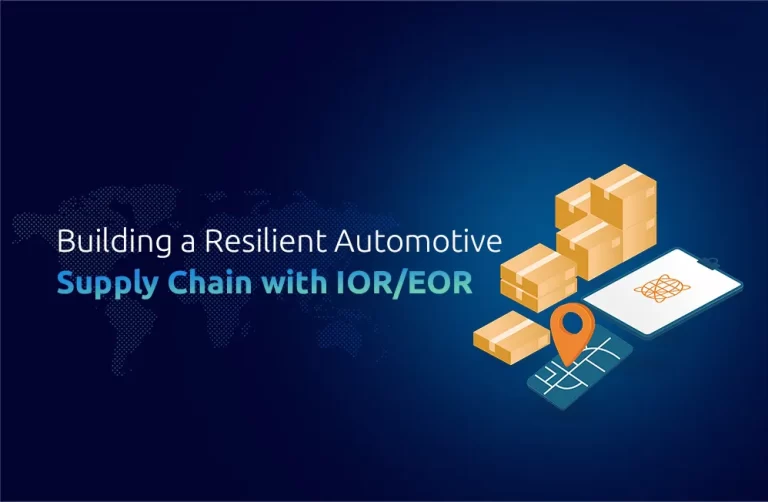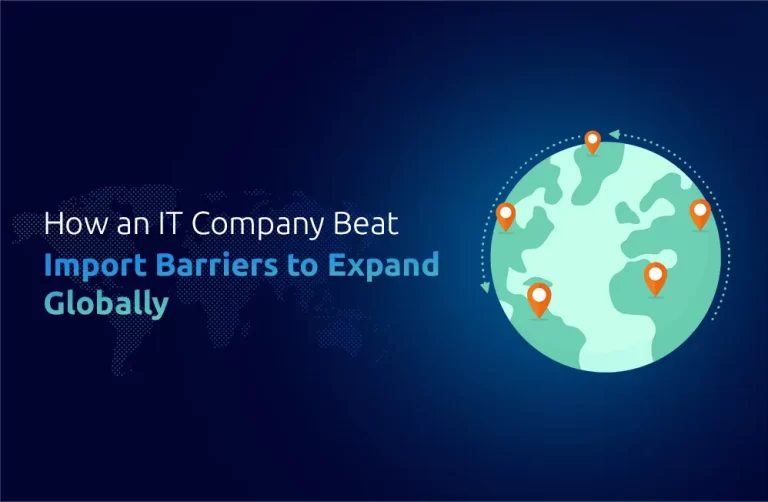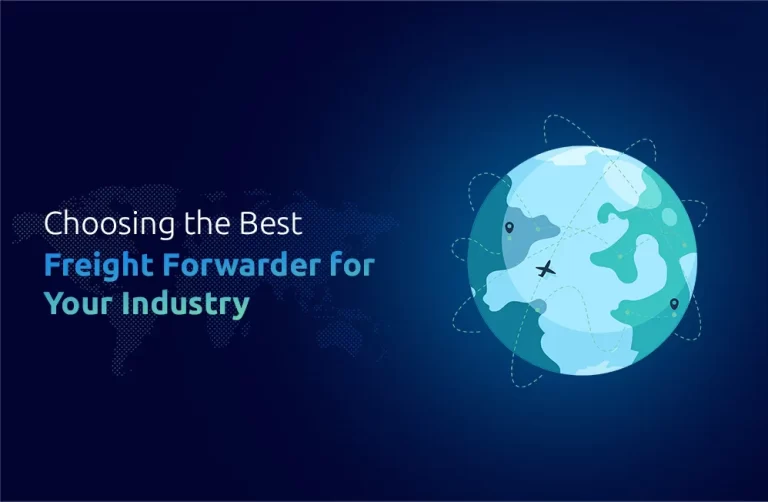Insight
Trade facilitation programs are important government programs that help make it easier for goods to move across boundaries. They work to enhance customs procedures by adding transparency, efficiency, and a standardized approach. Under the World Trade Organization’s rules, modern programs use risk-based inspections, online documentation, and pre-arrival preparations. Companies that match set requirements are given priority at border crossings, helping shipments be cleared faster and making things easier for workers.
These programs make cross-border trading easier. They make it easier for companies to function worldwide and do not ask for repetitive paperwork checks. Easy and quick access can change a company’s fortunes in today’s market.
Why Participating in Trade Facilitation Programs is a Game-Changer for Your Business?
Participation unlocks expedited processing privileges that reduce lead times and increase efficiency. Fewer customs checks, simplified filing processes, and early cargo release lead to faster supply chain movement. For businesses handling time-sensitive deliveries or complex global logistics, these benefits directly impact service levels and profitability.
In addition, being part of a trade facilitation program helps you improve your relationship with customs. Having a certified trader or CTRA means you’re less likely to have problems if there are disruptions or congestion. Businesses can provide services without downtime and gain a big advantage in swiftly growing global markets.
The Eligibility Criteria: How to Qualify for Trade Facilitation Programs
To qualify, companies must prove their compliance history, accuracy in customs filings, and secure operational systems. Customs authorities review a company’s documentation practices, internal controls, and adherence to international trade laws. Businesses must also demonstrate that their staff are trained and that systems are in place to flag errors or risks before shipments are processed.
Additionally, entities may be assessed based on their shipment volumes, payment regularity, and ability to integrate with customs digital systems. In countries with more advanced frameworks, applicants must undergo physical audits or provide verification documents covering supply chain traceability and tax compliance.
A Step-by-Step Guide to Applying for Expedited Customs Processing
Businesses begin by applying through the customs authority’s trade facilitation portal. This includes a self-assessment of operational standards, declaration accuracy, and supply chain security. Applicants attach records of past import/export activity, proof of internal compliance systems, and sometimes supporting data from third-party audits.
Once submitted, the application undergoes a multi-step review that may include interviews, site visits, or inspection of logistics workflows. If the business is approved, it receives an official certification, granting access to special customs lanes, reduced inspections, and faster document validation processes. Certification may need to be renewed periodically.
Navigating Compliance: Ensuring Smooth Participation in Trade Facilitation Initiatives
Maintaining certified status means strict adherence to documentation rules and reporting timelines. Businesses must proactively monitor customs regulations and avoid filing errors or delays. Any breach in procedure can trigger a compliance review and possibly lead to suspension from the program.
This is where Importer of Record (IOR) and Exporter of Record (EOR) services provide measurable value. These partners handle all trade filings, calculate duties, and ensure that regulatory requirements are consistently met. By outsourcing compliance to an experienced IOR/EOR provider, businesses reduce risk and maintain eligibility without straining internal resources. The support ensures continued access to expedited benefits while freeing logistics teams to focus on operations.
The Tangible Benefits: Businesses Utilizing Expedited Processing
Companies already in trade facilitation programs report substantial reductions in clearance time and cost. One exporter operating under India’s AEO program saw a 60% reduction in inspection frequency and saved thousands annually on demurrage charges. Another company reported improved cash flow after switching to electronic filing and reducing transit storage costs.
Faster customs clearance also improves service level agreements and enhances delivery predictability. When customers receive their orders on time, brand credibility and loyalty grow. In regions with unpredictable port traffic or manual processes, being part of a trade facilitation program can be the key to sustained efficiency.
Conclusion
Customs expedited processing enables businesses to deliver faster, operate smarter, and reduce risk across international supply chains. Trade facilitation programs simplify this path and reward consistent compliance with time and cost savings. We at One Union Solutions support global businesses with trusted IOR/EOR services that help them qualify, remain compliant, and fully benefit from these initiatives.
Did You Know?
According to the Indian Ministry of Commerce and Industry, shipments under the AEO program cleared customs 41% faster in 2023 than those outside the program. The Central Board of Indirect Taxes and Customs noted that nearly 65% of certified exporters faced no cargo examination at all. These statistics demonstrate the value of formal participation in compliance-based facilitation.
FAQs
1. What are the core benefits of trade facilitation programs?
These programs offer faster customs clearance, fewer inspections, and reduced regulatory overhead for qualified businesses.
2. How long does the application and approval process take?
Depending on the country, it can take from several weeks to a few months, based on audit requirements and documentation review.
3. What happens if compliance issues arise post-approval?
Authorities may suspend or revoke certification, requiring re-evaluation or even legal action in serious cases.
4. How do IOR/EOR services support certification retention?
They manage filings, ensure document accuracy, handle taxes and duties, and maintain a high standard of regulatory compliance.
5. Can these programs benefit companies entering new markets?
Yes. Trade facilitation programs are especially useful for businesses expanding globally, providing a smoother entry process and quicker go-to-market speeds.

